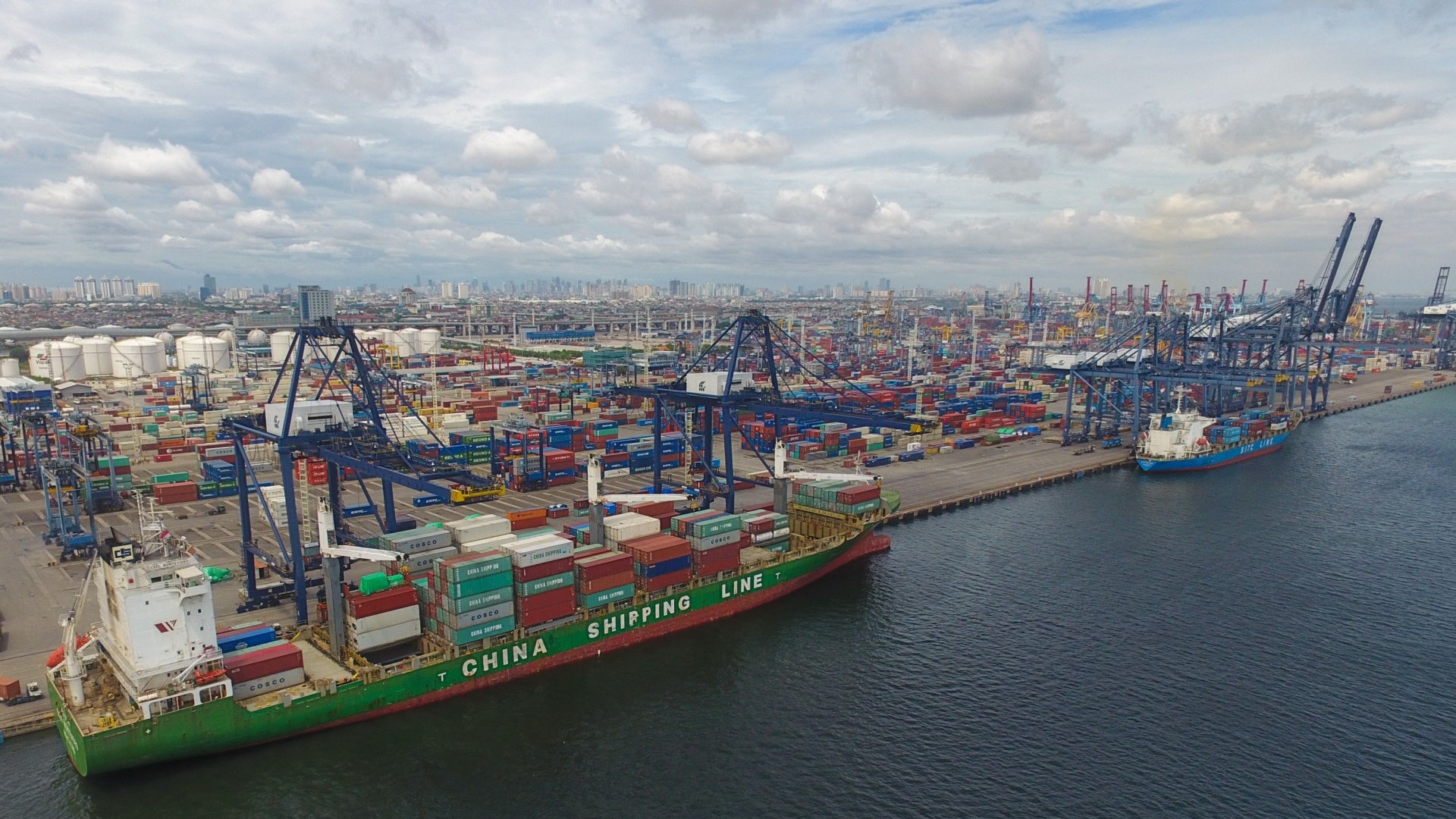China’s “One Belt, One Road” overseas project involves loans from the Chinese side to assist countries that were unable to build large-scale infrastructure projects and contracted by Chinese companies. According to Harvard University professors, these loans generally have implied terms. If the global economy weakens, it will make the situation worse.
Refers to the actual amount involved is higher than the alleged implicit debt
CNBC quoted Carmen Reinhart, a professor at Harvard University’s Kennedy School of Government, as saying that China’s loan agreements with other countries are usually confidential and are usually referred to as actual amounts higher than public claims, so they will make these countries constitute implicit debt. item. The high debt of these countries may cause the economic slowdown to be greater than expected.
Hinder the World Bank and the IMF to understand the real situation
She pointed out that because the debt is opaque, and the International Monetary Fund (IMF) and other countries provide loans to the country, they need to understand the real financial situation of the other party, which will affect the amount of loans from these countries to institutions such as the IMF.
Carmen Reinhart said: “China, as a global creditor, also means that these loans have a lot of hidden debt. That is to say, part of the funds for these loan transactions have not been reported to the World Bank and the IMF.”
“Therefore, people think that the number of debts in these countries is lower than their actual level.”
She said that this situation will affect the World Bank and IMF debt assessment programs, and that the World Bank and IMF only track about half of China’s total lending.
Influencing investors to make decisions and judge that buying bonds is risky
Carmen Reinhart pointed out that for investors, they have insufficient information and are not aware of the country’s actual liabilities, hindering investors’ decision-making, and may underestimate the risk of holding these national bonds.
She named Sri Lanka, Ukraine, Venezuela, Ecuador, Bangladesh and Cuba, saying they have borrowed from China since 2011, and these loans require debt restructuring.
China has not joined the “Paris Club”, which is “unintentional to join” the world’s major creditor countries. This is an organization of global creditor countries that aims to solve the debt problems of other countries.
The World Bank told CNBC that debt transparency is “very important” and that if there are hidden debts, it is a problem for everyone, not just in the World Bank and the IMF.












